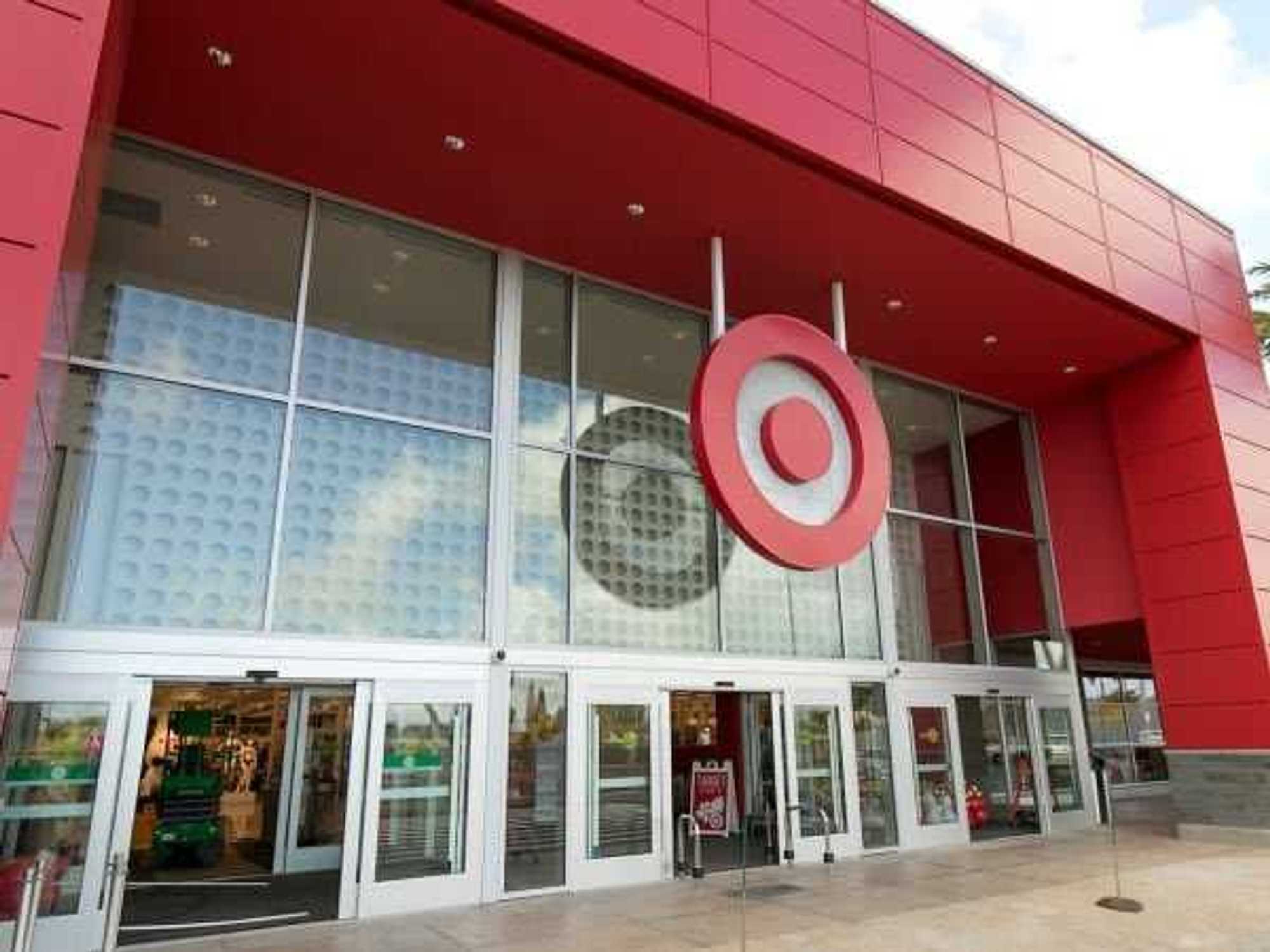Olympics news
Plano-born BMX champion Connor Fields injured in horrific crash at Tokyo Olympics

UPDATE 8-6-2021: Fields has returned home to Henderson, Nevada to continue his recovery. According to news reports, Fields was treated for a brain hemorrhage and was released from a hospital in Tokyo earlier this week.
---
Plano native Connor Fields, the defending Olympic gold medalist in BMX racing, was hospitalized after suffering a terrifying crash in a semifinals race at the Tokyo Games on Friday, July 30.
According to footage of the event, Fields tangled with another athlete on the first turn of the bumpy course, fell hard face first, and was hit by other riders.
"Fields was in a tight pack of riders and came down wrong from a jump, crashing headfirst onto the ground," recounts NPR. "Paramedics strapped him to a stretcher, as he appeared to be unconscious, and carried him off the course."
He was taken by ambulance to a local hospital, where he remains under observation, a Team USA doctor says.
"We can confirm that Connor Fields is awake, stable, and awaiting further medical evaluation," said Dr. Jon Finnoff, the chief medical officer for the United States Olympic and Paralympic Committee, in a statement. "He will remain in the hospital under observation."
Fields' father, Mike Fields, told Sports Illustrated that his son was “alert, answering questions, and moving all his limbs” after the crash, but also in pain and "quite subdued," undergoing CT scans on his head, spine, and abdomen.
Connor Fields, 28, was born in Plano but calls Las Vegas home. The three-time Olympian won the gold medal at the 2016 Rio Olympic Games — the first American BMX racer to do so — and was expected to win the event again in Tokyo.
Despite the crash, his previous scores still qualified him for the final, and he placed eighth overall.
Dutch racer Niek Kimmann won the gold.
